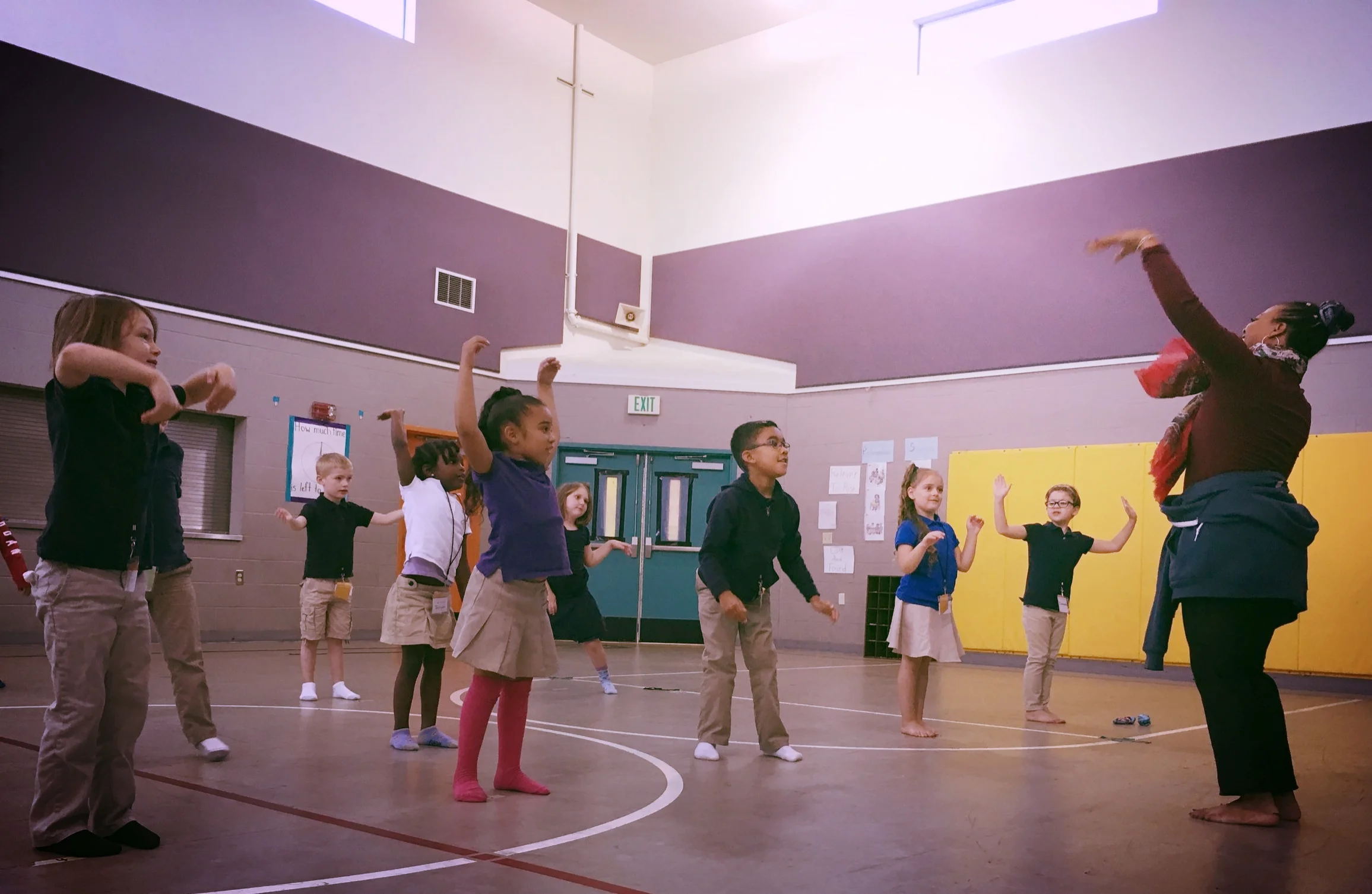Walk through the front doors of SOAR Academy these days and you’ll find the building teeming with life and energy, like a dream realized.
In many ways, that’s what the public elementary school in Tacoma represents: the manifestation of a set of beliefs and ideas about what’s possible in public education.
SOAR Academy’s founders sought from the outset to design a public school that would reach students being neglected by the larger system, those who are typically on the wrong end of the opportunity and achievement gaps.
Just two years after first opening its doors to students, those ideas have become a way of life at SOAR Academy, and the dreams of a nurturing, equitable school open to all have become reality for an engaged, grateful community of students and families.
“Here at SOAR we’ve seen tremendous growth and a fulfillment of the whole concept and vision of the alternatives and options that charter schools can provide in a publicly funded setting,” said Dr. Thelma Jackson, chair of the SOAR Academy Board of Directors. “Those of us that have been with SOAR from the very beginning, we’re just pleased as punch to see the school, to see the full classrooms, the waiting list. As I was driving up, just the smiles on the children’s and parents’ faces — they’re glad to be here! They’re here by choice.”
In many ways and from many angles, that’s the key word here: choice.
More than 70 percent of SOAR students identify as students of color, and Black students make up 56 percent of the student body. Fourteen percent receive special education services, and at least 12 percent are homeless or housing insecure. They all chose SOAR Academy, and they did so despite the hyper-political climate that surrounds the charter school sector.
School choice can be an especially foggy issue in Washington, where propaganda and repeated legal attacks led by the Washington Education Association — the state’s teachers union — have attempted to undermine the ability of schools like SOAR to work hard and innovate in an earnest effort to close the gaps created by our traditional public school system. In spite of that, many parents are seeing SOAR for what it is: an ambitious, free, public alternative that just might work for their student where other schools have fallen short.
“We’ve been up against so much ‘fake news’ about what charters are and aren’t, and we’re defying all of that,” Jackson said. “Anytime they say, ‘Oh, they won’t take kids of color; oh, they won’t take special needs kids; oh, they’ll cream the crop,’ [SOAR Academy] just blows the roof off of all those myths. And against all those odds, SOAR is thriving. The kids are thriving.”
Far from creaming, SOAR’S school leader Jessica Stryczek readily acknowledges that many of the school’s students arrived having already experienced such significant trauma as abuse, neglect and domestic violence. Yet thanks to a trauma-informed approach to restorative justice, not a single SOAR student was suspended or expelled last year.
In Seattle Public Schools, on the other hand, disproportionate discipline rates show up from the very beginning, as even kindergarteners of color are suspended and expelled (yes, expelled from kindergarten!) at a rate far beyond their white peers.
Seventy-seven percent of the student body at SOAR is eligible for free or reduced lunch as well, so community meals are available to all students through the community eligibility pool.
SOAR’s staff, meanwhile, reflects the diversity of its student body. More than half the staff at SOAR are people of color, Jackson says, upending yet another myth.
“The traditional line is, ‘Oh, we’d like to hire them, but we can’t find them.’ So, where are the charter schools finding [teachers of color]?” Jackson asks. “And again, they are here by choice. They’re not here through involuntary transfers and the dance of the lemons and all that stuff.”
Enough people have chosen SOAR now that the school’s journey from vision to reality is all but complete, and the early results are showing that the young charter school is delivering on its promise.
In addition to a joyful atmosphere in a building full of well-cared-for elementary students, the school is home to impressive academic rigor as well. Just last year, more than 70 percent of students showed accelerated growth, testing beyond national grade-level expectations on the STAR Early Literacy assessment.
“The concept has taken on a life of its own,” Jackson said. “The proof is in the pudding.”











